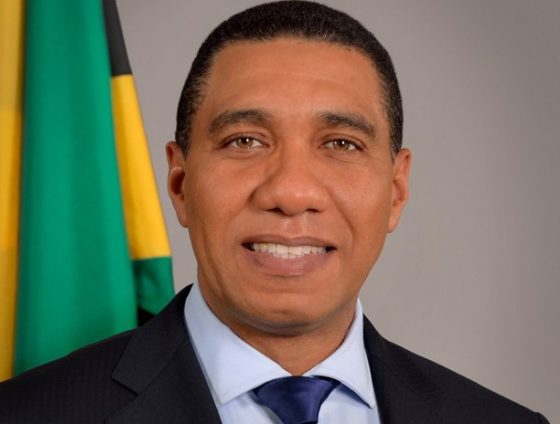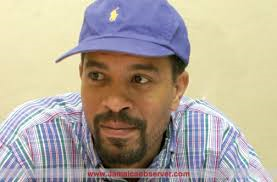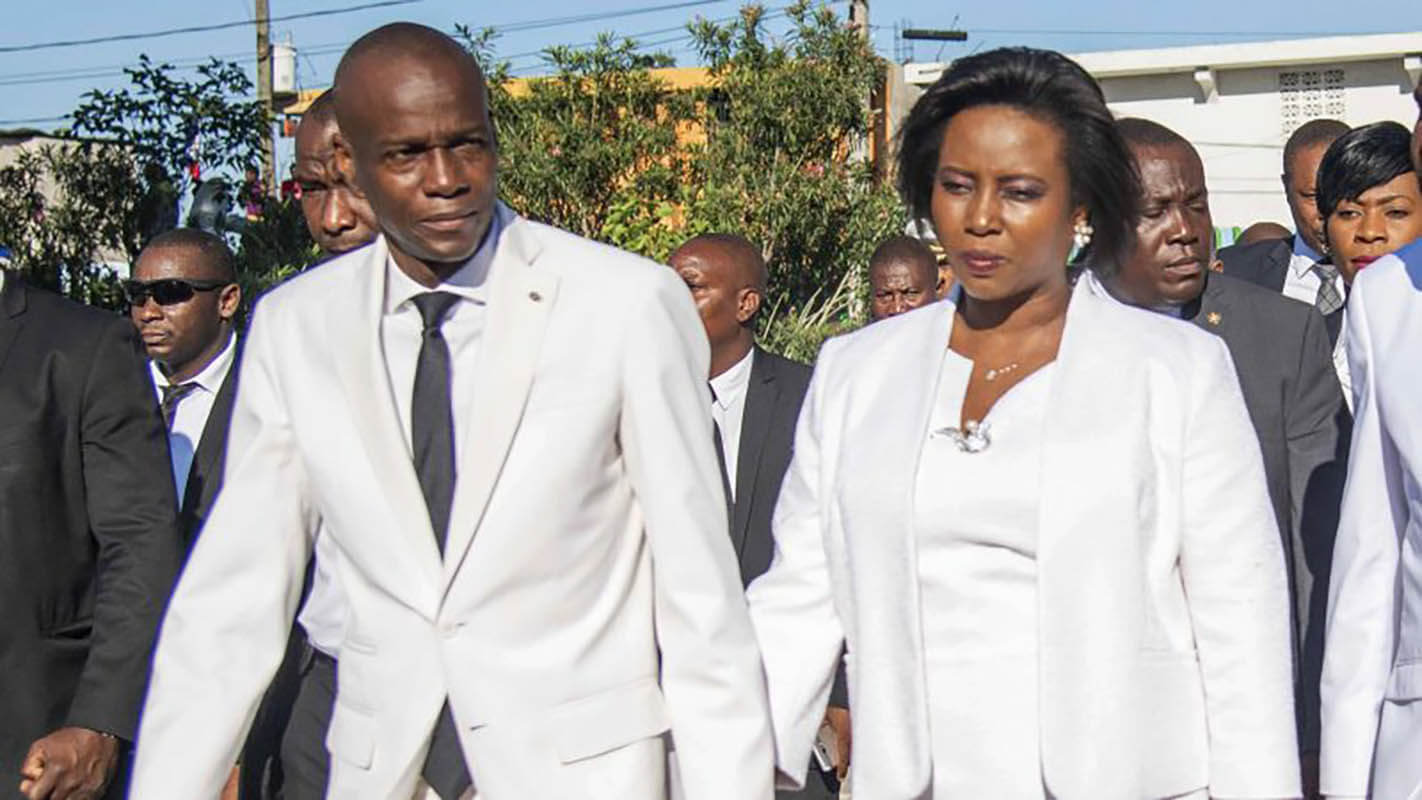Democratic presidential candidates acknowledge Black Lives Matter issues during debate
By Jesse J. Holland
THE ASSOCIATED PRESS
WASHINGTON _ Democratic presidential candidates gave a meaningful public nod to the Black Lives Matter movement in their first televised debate, fully adopting its slogan and raising the core concerns stemming from police killings of African-Americans that protesters have articulated while disrupting some of their campaign events.
Police relations with minority communities and the deaths of unarmed black men have been topics of great interest since the shootings of 17-year-old Trayvon Martin in 2012 in Florida and 18-year-old Michael Brown in 2014 in Ferguson, Missouri.
Those deaths, and others of some black women, have inspired protests under the “Black Lives Matter” moniker around the country.
The candidates were careful to avoid uttering the phrase “all lives matter,” showing they clearly learned from confrontations earlier this year with Black Lives Matter protesters. Some in the movement say the phrase “all lives matter” minimizes the deaths of African-American men and women at the hands of law enforcement.
Sen. Bernie Sanders of Vermont, the first to be confronted by Black Lives Matter protesters while campaigning, called during the debate for “major, major reforms” to the criminal justice system and invoked the name of Sandra Bland, the black woman found hanged in a Texas jail after being arrested on a traffic charge.
Former Maryland Gov. Martin O’Malley apologized last summer after using the alternative “all lives matter” slogan. On the stage Tuesday night in Las Vegas, he said, “Black lives matter, and we have a lot of work to do to reform our criminal justice system, and to address race relations in our country.”
Observers noted that the candidates discussed some issues that people have complained about for years, even though there was no minority candidate in their midst _ a rarity for Democrats. A black candidate has sought the Democratic presidential nomination in almost every election cycle since Jesse Jackson’s second White House bid in 1988. Former Energy Secretary Bill Richardson, who is Hispanic, ran in 2008. No minority candidates ran against President Bill Clinton in his 1996 re-election campaign.
By contrast, the Republican field for 2016 has four candidates of colour: Ben Carson, Marco Rubio, Bobby Jindal and Ted Cruz.
Fredrick Harris, a Columbia University political science professor and director of its Center on African-American Politics and Society, said it would have been unlikely without the Black Lives Matter movement that any of the Democratic candidates would have been talking Tuesday night about the relationship between police and minority communities.
“None of these things are issues unless black voters pressure the Democratic Party to do something or there’s a black candidate running who is very conscious of these issues,” Harris said.
Despite their influence, one of the co-leaders of the official Black Lives Matter organization, Alicia Garza, has said they will not be endorsing any presidential candidates this election cycle. She also told The Associated Press in an earlier interview that they may continue to make appearances at Democratic campaign events.
African-American voters are a key part of the Democratic bloc. In 2012, the percentage of black voters eclipsed the percentage of whites for the first time, when 66.2 per cent of blacks voted, compared to 64.1 per cent of non-Hispanics whites and about 48 per cent of Hispanics and Asians. That number is expected to drop after the end of the Obama presidency, but black, Hispanic and Asian voters are key portions of any Democratic presidential success.
__
Jesse J. Holland covers race, ethnicity and demographics for The Associated Press. Contact him at jholland?ap.org, on Twitter at http://www.twitter.com/jessejholland and on Facebook at http://www.facebook.com/jessejholland.





